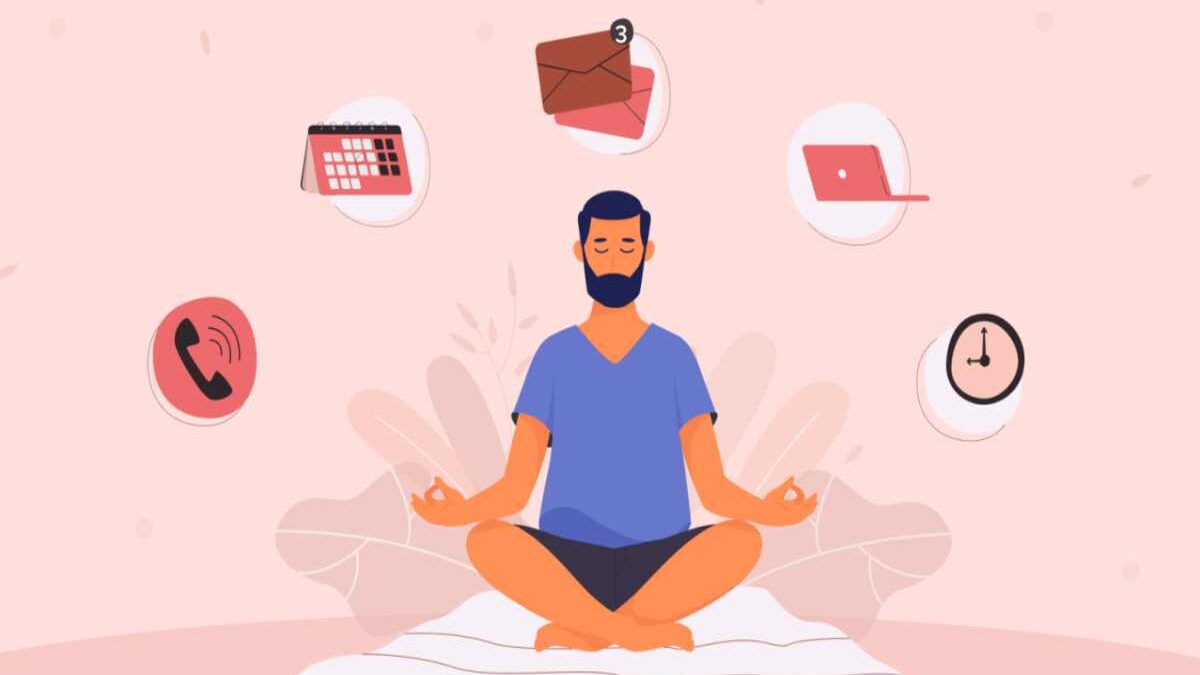Gerçek para yatırmadan test edebileceğiniz Deneme Bonusu Veren Siteler rehberimizde Esbet, Bahis Abi, Babilonbet ve daha fazlasını inceledik.
Wellhealthorganic Stress Management
Table of Contents
Understanding Stress and Its Impact
Stress is the body’s natural response to challenging situations, but chronic stress can significantly impact both physical and mental wellbeing. When left unmanaged, stress can lead to various health issues, including cardiovascular problems, weakened immune system, and mental health concerns.
Physical Effects of Chronic Stress
The body responds to stress by releasing hormones like cortisol and adrenaline. While these hormones are beneficial in short-term stressful situations, their prolonged presence can lead to:
– High blood pressure
– Digestive problems
– Muscle tension and pain
– Sleep disturbances
– Weakened immune response
Mental and Emotional Impact
Chronic stress can significantly affect mental wellbeing through:
– Increased anxiety and depression
– Difficulty concentrating
– Memory problems
– Emotional exhaustion
– Irritability and mood swings
Natural Stress Management Techniques
Mindfulness and Meditation
Regular mindfulness practice can help reduce stress levels by:
– Promoting present-moment awareness
– Reducing anxiety about the future
– Improving emotional regulation
– Enhancing mental clarity and focus
Physical Exercise
Regular physical activity is one of the most effective stress management tools:
– Releases endorphins, the body’s natural mood elevators
– Improves sleep quality
– Reduces muscle tension
– Boosts energy levels and mental alertness
Nutrition for Stress Management
A balanced diet plays a crucial role in managing stress:
– Complex carbohydrates can boost serotonin production
– Omega-3 fatty acids support brain health
– Vitamin B-rich foods help maintain energy levels
– Magnesium-rich foods can improve sleep quality
Creating a Stress Management Routine
Time Management Strategies
Effective time management can significantly reduce stress by:
– Setting realistic goals and priorities
– Breaking large tasks into smaller, manageable steps
– Learning to delegate when necessary
– Creating boundaries between work and personal life
Social Support and Connection
Maintaining strong social connections is vital for stress management:
– Regular communication with friends and family
– Joining support groups or communities
– Seeking professional help when needed
– Engaging in social activities and hobbies
Sleep Hygiene
Quality sleep is essential for stress management:
– Maintaining a consistent sleep schedule
– Creating a relaxing bedtime routine
– Optimizing sleep environment
– Limiting screen time before bed
Advanced Stress Management Techniques
Cognitive Behavioral Strategies
These techniques help identify and modify stress-inducing thought patterns:
– Recognizing negative thought patterns
– Developing positive coping mechanisms
– Practicing problem-solving skills
– Building emotional resilience
Relaxation Techniques
Various relaxation methods can help manage stress:
– Deep breathing exercises
– Progressive muscle relaxation
– Guided imagery
– Yoga and stretching
Long-term Stress Management
Building Resilience
Developing resilience helps manage stress more effectively:
– Learning from past experiences
– Developing a growth mindset
– Building adaptability
– Maintaining optimism
Creating Sustainable Habits
Long-term stress management requires:
– Consistent practice of stress-reduction techniques
– Regular self-assessment and adjustment
– Maintaining work-life balance
– Setting realistic expectations
Prevention and Maintenance
Regular Health Check-ups
Maintaining physical health through:
– Regular medical check-ups
– Monitoring stress-related symptoms
– Early intervention when needed
– Following healthcare provider recommendations
Environmental Modifications
Creating a stress-reducing environment by:
– Organizing living and working spaces
– Reducing noise and clutter
– Incorporating natural elements
– Creating dedicated relaxation spaces
Conclusion
Effective stress management requires a comprehensive approach that addresses both physical and mental aspects of wellbeing. By implementing these strategies and maintaining consistency in practice, individuals can develop resilience and better manage stress in their daily lives. Remember that stress management is a personal journey, and it’s important to find the combination of techniques that works best for your individual needs and lifestyle.

